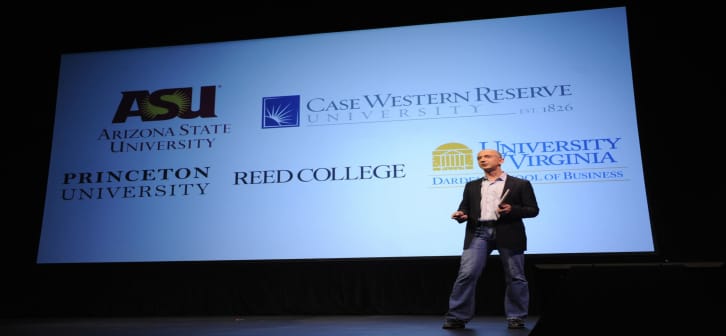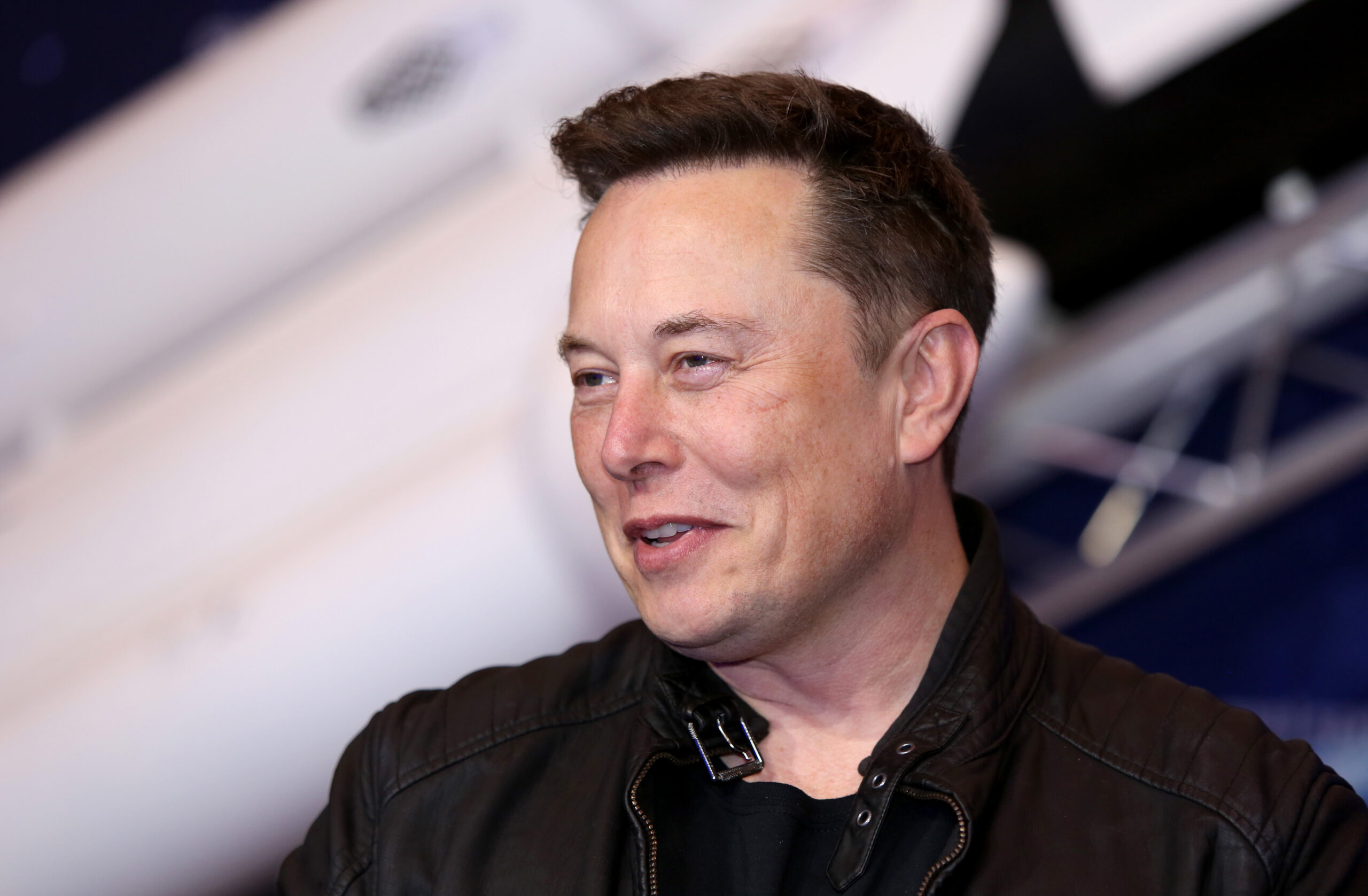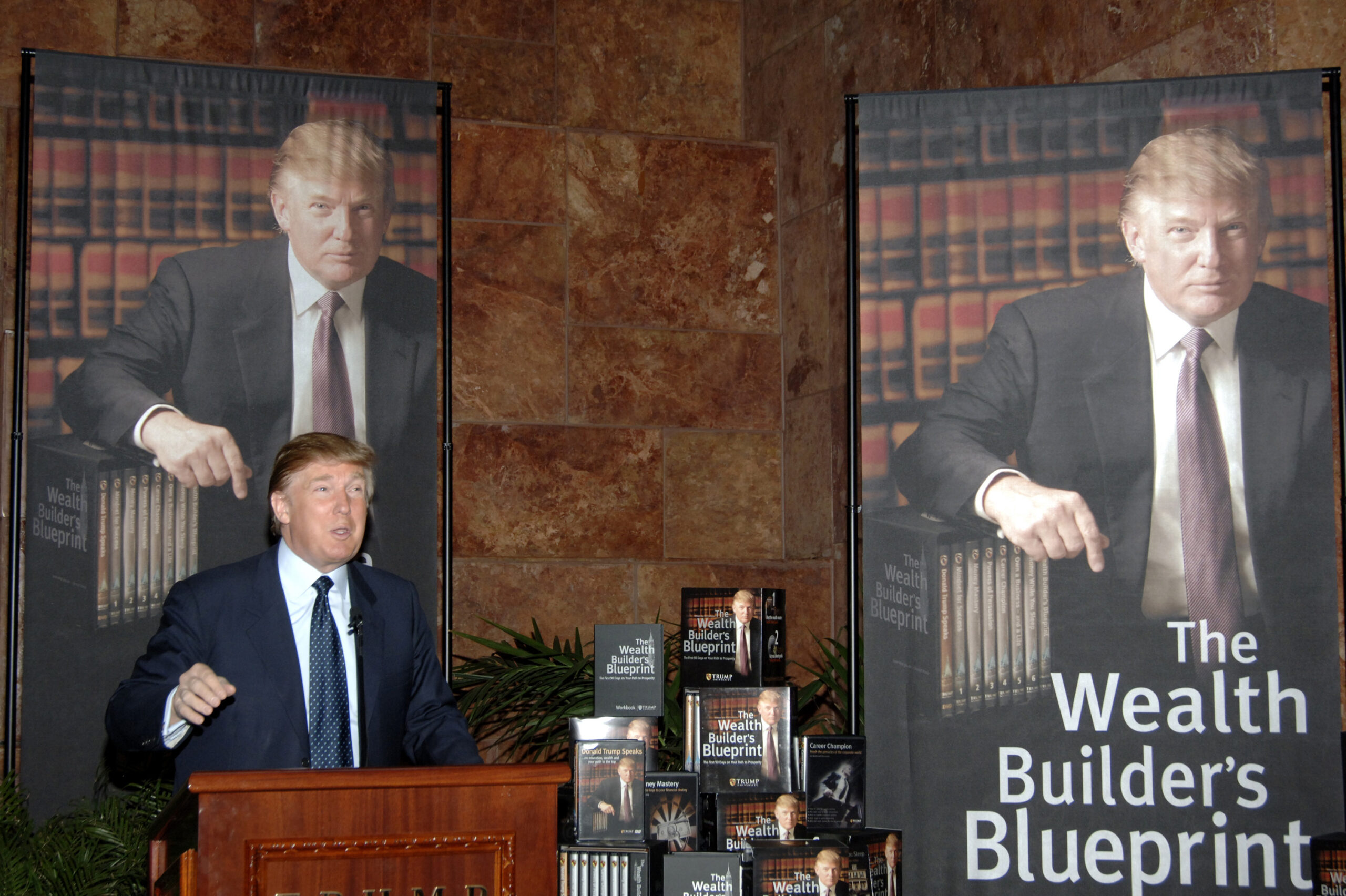Jeff Bezos’ College Degree Paid Off Big. Here’s How.
Writer
Writer

- The Amazon and Blue Origin founder graduated from Princeton University in 1986 with a bachelor's in electrical engineering and computer science.
- Before starting Amazon, Bezos worked for a fintech startup and a hedge fund experimenting with mathematical modeling.
- He also received an honorary doctorate in science and technology from Carnegie Mellon University in 2008.
You've probably heard the origin story before: Jeff Bezos was seven years out of college when, in 1994, he started an online bookstore from his garage and grew it into a business empire that made him the second richest man in the world. But behind his mythic origins is a journey that shows the power of education to inform and inspire.
The importance of education was instilled in Bezos from a young age. Bezos was born to a single teen mom who completed high school and later brought her baby along when she attended night classes. Growing up, Bezos attended public schools in Texas and Florida.
In high school, Bezos worked the breakfast shift at McDonald's as a short-order cook. He was a high-achieving student, becoming a National Merit Scholar and a member of the honor society Phi Beta Kappa.
Likewise, while still in high school, Bezos participated in the Student Science Training Program at the University of Florida. In his valedictorian speech, he talked about colonizing space as a way to save the Earth.
Where Did Jeff Bezos Go to College?
When Bezos enrolled at Princeton University, he set out to study space as a physics major.
Inspired by Stephen Hawking, he dreamt of becoming a theoretical physicist and ran the Princeton chapter of Students for the Exploration and Development of Space.
However, it wasn't long before Bezos realized he would never be at the top of his field in physics. He wanted to go where he could "make a contribution," so he switched to double majoring in electrical engineering and computer science. Bezos was elected to Tau Beta Pi — the engineering honor society — and graduated in 1986 summa cum laude.
Bezos fielded job offers from Intel and Bell Labs, but opted to work for a fintech startup. After that, Bezos joined a nascent hedge fund experimenting with mathematical modeling.
In late 1993, 30-year-old Bezos left his position as a senior vice president of the firm. He took $300,000 in seed money from his parents, made a cross-country road trip to Seattle, and started Amazon.com out of his garage.
Bezos never returned to academia, but received an honorary doctorate in science and technology from Carnegie Mellon University in 2008. A decade later, Bezos was elected to the National Academy of Engineering.
Bezos' Goals Stem From Princeton Physics Professor
Amazon expanded beyond books to other consumer goods, and then began to grow into increasingly diverse industries. Once upon a time Amazon nearly went bankrupt, but soon rebounded to twice its former strength. Today, the tech giant shows no signs of flagging. Although the average household debt in the U.S. has risen dramatically since early 2020, Bezos' wealth has grown by 70% since the beginning of the pandemic.
Amazon's success funds Bezos' real ambitions — the space missions he fixated on as a student but put aside when he switched majors.
In 1976, four years before Bezos arrived on campus, Princeton physicist Gerard K. O'Neill published a book detailing plans to move into space — "The High Frontier." Bezos attended some of O'Neill's seminars. Through Blue Origin, Bezos' space flight company, he's taking steps toward realizing O'Neill's vision.
While Bezos controls huge swathes of e-commerce, book sales, and video streaming, it's his forays into cloud-computing, artificial intelligence, and space travel that receive most of his attention. In July, Bezos stepped down as CEO of Amazon to focus on his passions, including his newspaper The Washington Post, prolonging life, and going to space.
His last letter to shareholders quoted geneticist Richard Dawkins: "Staving off death is a thing that you have to work at... If living things don't actively work to prevent it, they would eventually merge with their surroundings and cease to exist as autonomous beings. That is what happens when they die."
Bezos recently helped launch Altos Labs, a biotechnology company looking to develop therapy to reprogram aging cells. Bezos is also a major investor in Unity Biotechnology, a life-extension research firm exploring how to slow or stop aging.
Criticized for Business Practices, Bezos Invests in Education
Bezos' reputation as a ruthless boss has far-reaching implications that impact the working class on a large scale. For example, the nonprofit group New Food Economy found that one-third of Amazon workers in Arizona, as well as one-tenth of Amazon workers in Pennsylvania and Ohio, rely on food stamps.
In 2018, Senator Bernie Sanders introduced the Stop Bad Employers by Zeroing Out Subsidies (Stop BEZOS) Act, which would have required major employers like Amazon to reimburse the government for the food stamps and other federal benefits that their workers receive. While president, Donald Trump accused Bezos of sales tax avoidance.
Around the same time that Bezos dropped off the Harvard Business Review's rankings of best-performing CEOs — due to "working conditions and employment policies, data security, and antitrust issues" — Bezos made his first major forays into philanthropy.
In January 2018, Bezos made a $33 million donation to TheDream.US, a college scholarship fund for undocumented immigrants brought to the U.S. as children. That September, Bezos unveiled a $2 billion "Day One" fund that focuses on homelessness and establishing Montessori-inspired preschools for low income communities.
Feature Image: EMMANUEL DUNAND / Staff / AFP / Getty Images















